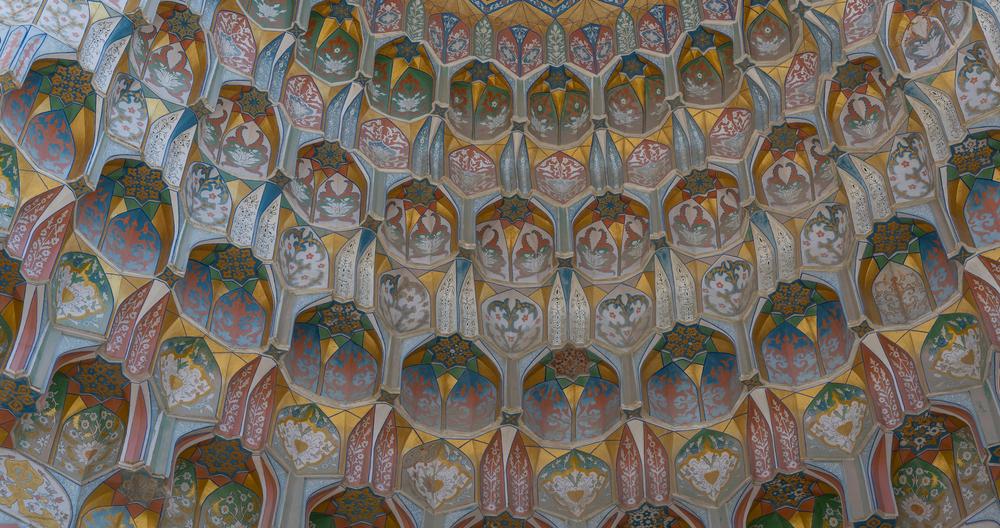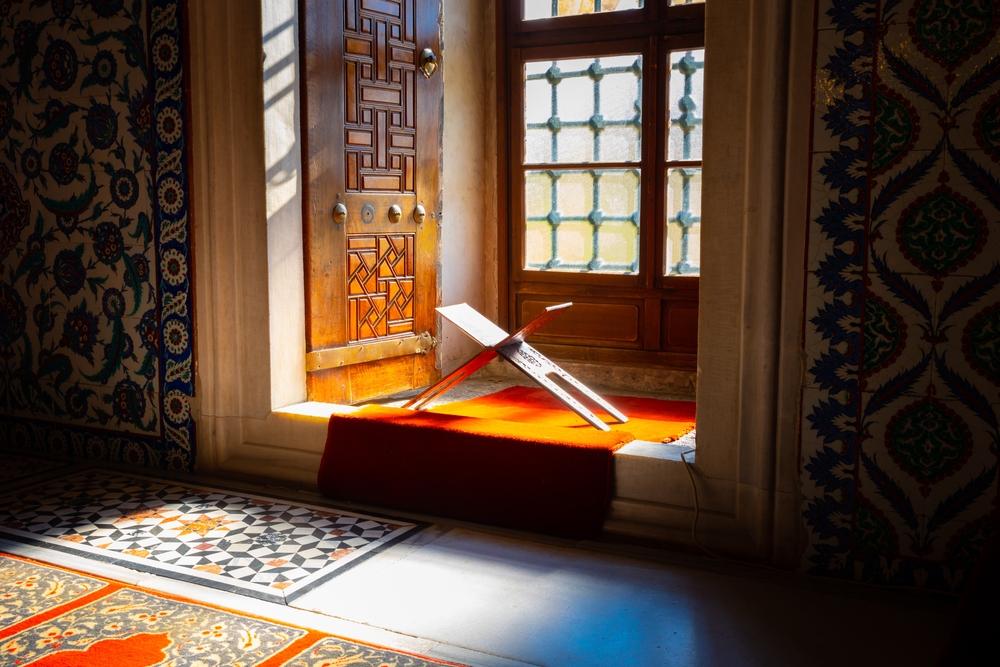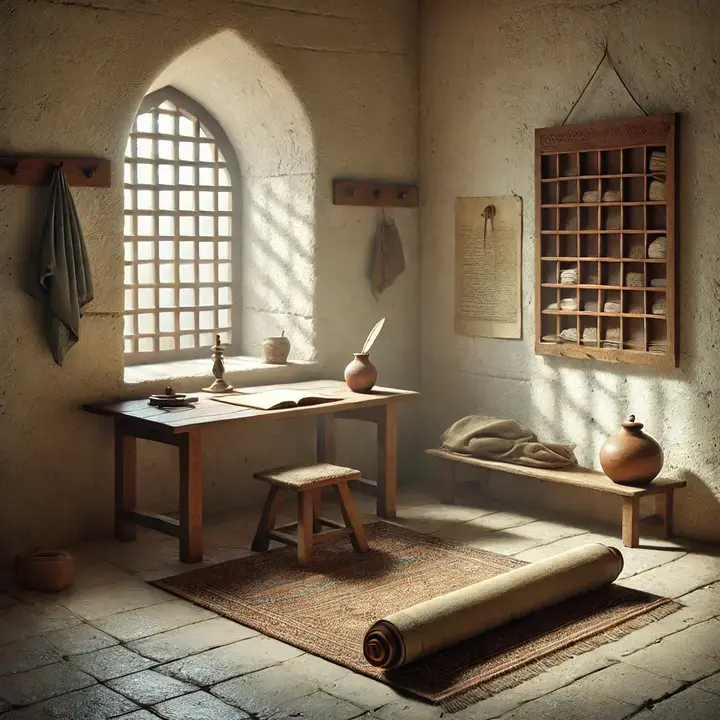Abdullah b. al-Mubarak (rahmatullahi alayh) was a paragon of his era, excelling in both the outward knowledge of the Shariah and the inward understanding of the heart, and a leader in both scholarly and spiritual realms. He was known as a master of the pen and the sword, the uncrowned sultan of the learned, and a figure deeply revered by both Sufis and ascetics. Profoundly versed in both Shariah and the ways of the spiritual path, he was regarded as the leading authority of his time. Having studied under many eminent teachers, Abdullah b. al-Mubarak was closely connected to Imam Abu Hanifa, from whom he acquired much of his knowledge. He was an author of significant works in numerous fields and was renowned for his miraculous blessings and virtues.
The turning point in his life, the moment that led him to repentance and a life of asceticism, was rooted in a deeply personal experience.
Abdullah had fallen in love with a young woman. One night, driven by his passion, he left the company of his drinking companions and made his way to the wall of her home. She appeared on the rooftop, and the two silently gazed at each other through the night. As dawn broke, the call to prayer echoed in the air. Abdullah, lost in his infatuation, mistook it for the night prayer call. Only when daylight illuminated everything around him did he realize he had spent the entire night standing, mesmerized by her beauty.
This moment became a profound wake-up call for him. Stricken with shame, he rebuked himself:
“Shame on you, O Ibn al-Mubarak! How could you stand all night, driven by your desires, without weariness or complaint? Yet if an imam were to prolong the recitation in prayer, you would grow restless and irritated, claiming he made you wait too long. What, then, remains of your claim to Islam? Where is your Muslimhood now? Answer me!”
Deeply shaken by this realization, Ibn al-Mubarak repented and devoted himself to the pursuit of knowledge and worship. Over time, his repentance transformed him, elevating him to an extraordinary spiritual station.

One day, his mother visited the garden where Abdullah was resting and saw an astonishing sight. As he lay asleep, a large snake had taken a sprig of basil from a nearby tree in its mouth and was using it to keep flies away from him.
Abdullah b. al-Mubarak’s spiritual elevation was not only evident in his own life but also in the miraculous occurrences surrounding him. It is narrated that one day, while he was traveling, people announced to a blind man, “Abdullah b. al-Mubarak is passing by. Ask him for whatever you need.”
The blind man called out, “Stop, O Abdullah b. al-Mubarak!” Abdullah halted and listened as the man continued, “Pray to Allah to restore my eyesight.”
Abdullah lowered his head in supplication and prayed. By Allah’s will, the blind man’s vision was instantly restored.
Such was the life of Abdullah b. al-Mubarak—a life of profound transformation, knowledge, devotion, and blessings that inspired awe and reverence in all who encountered him.



